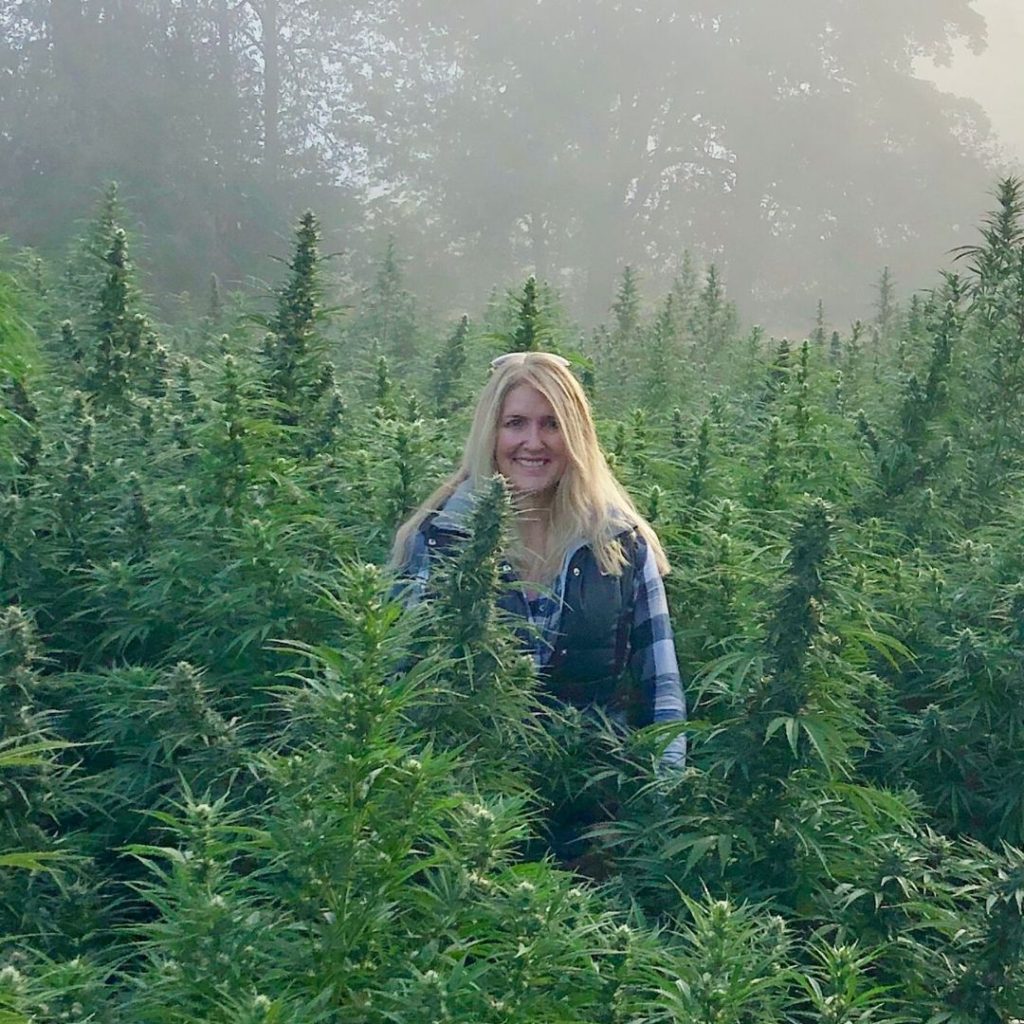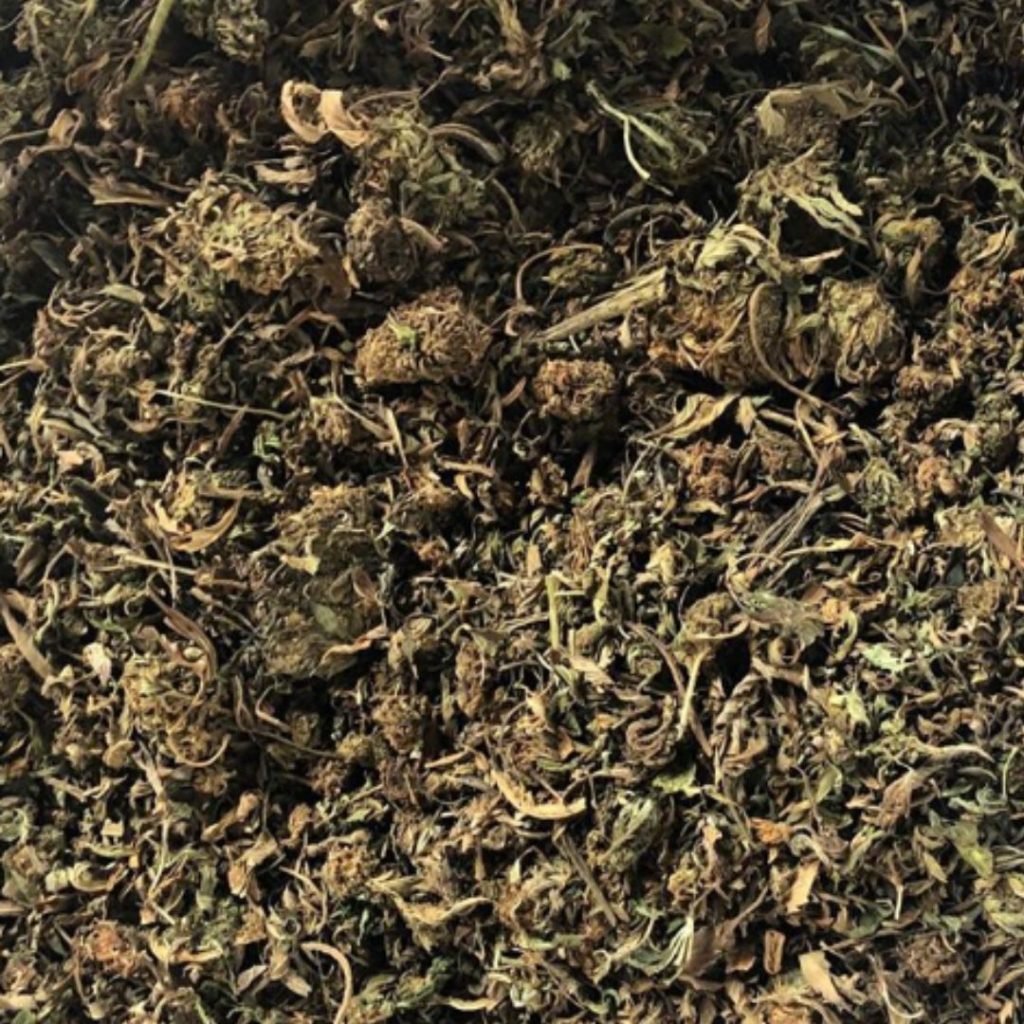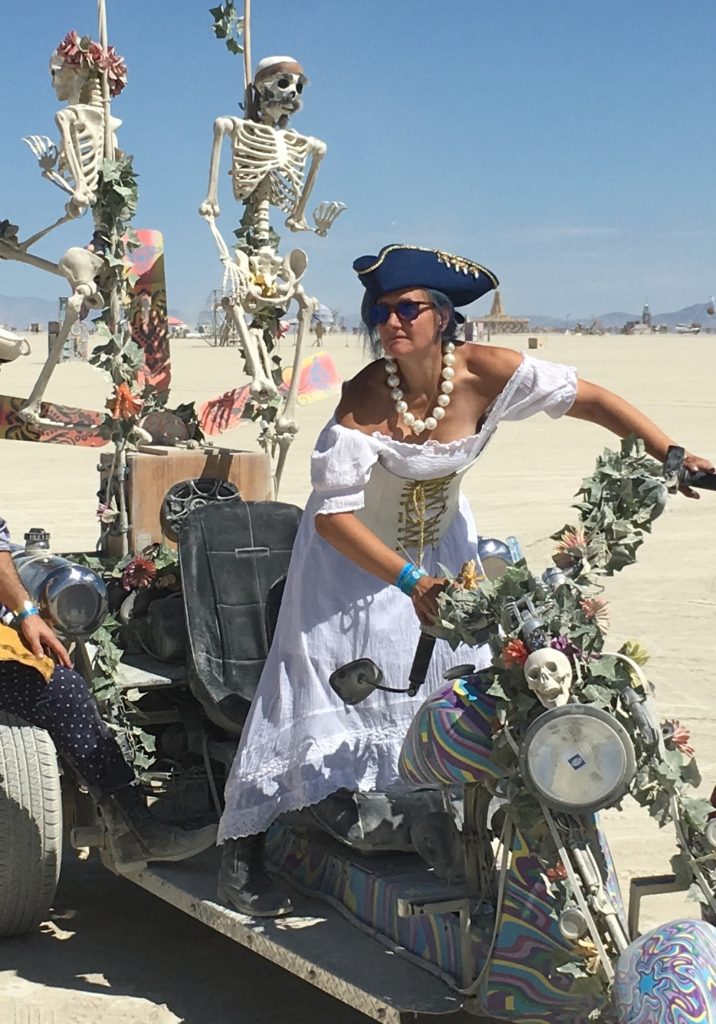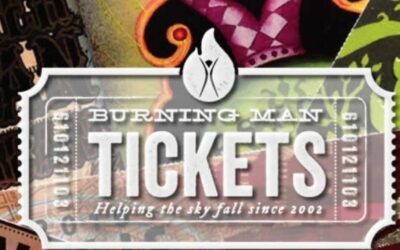
Were you one of those kids who tried growing cannabis (aka Pot or Weed) in your closet with a little grow light, hoping it would survive to some height that you could harvest it for your enjoyment? And, along with that, enjoyed the thrill of doing something illegal (and heavens to mercy if your mom found it!). During the late ‘80s I attended a wedding in France. During the drive to the reception, one guy had the bus driver stop at a field…which he mistakenly thought was marijuana. Turns out it was a hemp farm – which wouldn’t make you high due it’s lack of THC. (Hemp has been legal in Europe and Canada for decades.)

Last summer, driving through Oregon’s wine country we would occasionally see fields of cannabis from the road. While THC is legal (now) in Oregon, it’s hemp that’s allowed to be grown where you can see it from any road. Upon close inspection, there are signs that let you know it is hemp! With all those fields, I wondered what it would be like to be a hemp farmer. Have you considered taking your gardening skills and learning to be a hemp farmer too?
Meet Alex, a budding hemp farmer

Alex is a recent graduate of the University of Washington, lives in Seattle and works for her family’s insurance company. She grew up going to southern Oregon to visit her grandfather on the 250 acres ranch he bought in the 1970s. He wasn’t a guy you’d consider a hippy. Grandpa was a dentist and a Vietnam War vet. He would work the ranch on weekends until he was able to go live there full-time. Alex loved all the cattle. She still loves cows – but not the kind you milk.

Alex tells me her dad loves the thrill of being an entrepreneur and creating businesses that are on the forefront of trends. If they involve agriculture, all the better – since he grew up in Idaho living around farms and farmers. One of his successful ventures was starting and growing a successful biodiesel company before most people even knew what the term meant! When a ranch neighbor (who has years of experience growing cannabis, the kind with THC) suggested growing hemp, her dad’s research showed him it would be worth the risk. Turns out, learning and growing hemp has become a family affair. Alex has learned business from her dad, and learned about growing hemp from the neighbor’s son.


Q. When your parents were discussing this adventure of hemp farming, how did you feel about it?
A. I loved it! We had been leasing land to local cattle ranchers. My step-mom, Lynn, and I think Grandpa would be happy that his family is using it and not selling it off. I loved going down to the ranch to visit when I could. It’s seven hours away from Seattle, so not a quick weekend trip. The first year (2018, after the Farm Bill passed with an amendment making CDB federally legal) we planted 15 acres. Since I couldn’t be there as much, I couldn’t help out much.

Last summer (of 2019), we increased to 22 acres. It was great because I got to be a part of it. I lived on the ranch for two months. The days were long. From 8am to noon I would work for the family’s insurance company. Then, from around 1pm to until about 1am (sometimes 2am!) I would work on the farm. It was so, so, so fun!
Q. How do you think being a hemp farmer has changed you and your family?
A. I feel we all learned how great the outdoors is for our health. We are all in much better physical health, working all those hours every day. It’s possible that we received a CBD “contact pain relief” (no “contact high” since there’s not enough THC to do that) being around the hemp plants so much! I do know that even with all that hard labor, I wasn’t suffering any aches.

It gave me a new understanding of how hard my family and our partners could work. I know that personally
I was pushed to a limit that I didn’t know I had.
We essentially doubled the amount of product (by increasing to 22 acres, and growing strains that produced well) and had to work day in and day out for two months straight.
We gained a new appreciation for the land, and what we can do with it. Also, being out in the fresh air as much as we all were, had an impact internally. Our spirits were good, and we all felt so much better. We didn’t know it beforehand, but the project was bigger than we thought we could handle. It would have been impossible to anticipate how huge an undertaking we took on. We all learned about ourselves, and the people around us.
I believe that when you find good partners, you’ve got to keep them.
Q. Is it easy being a hemp farmer?
A. While our family enjoys taking on risky ventures, and we may get a decent ROI since CBD hemp is currently profitable, there are a lot of hurdles that make running a hemp farm challenging. One reason Mitch McConnell changed his fight against growing cannabis for the past 40 years to introducing the amendment to the 2018 Farm Bill that made CBD federally legal, is that Kentucky farmers showed him how much money could be made.

Labor Intense
Per the Modern Farmer, “hemp grows more vigorously than corn, but requires less water, pesticides, herbicides, and fertilizer, earning it a reputation as a sustainable crop. The plant has over 25,000 known uses and is potentially an eco-friendly alternative for other crops commonly produced on an industrial scale.” Alex says it’s a labor-intensive process, there isn’t decent mechanization (yet) and there’s a shortage of laborers. Since the hemp they grow is meant to be ingested (not the kind used in fibers), it must be grown organically. She warns that if not, you are putting those poisons into your body. *The FDA warns about CBD products reported to have contaminants such as pesticides and heavy metals (one reason why the FDA has not generally approved CBD to be included in a variety of product types, such as oil drops, capsules, syrups, food products such as chocolate bars and teas, and topical lotions and creams. There is work being done to align the differing regulatory branches, as well as increase the research & labeling so the FDA is comfortable with approvals.)
Seeds
Another challenge is finding good seeds. There are many vendors out there that “promise” the seeds are female, but often aren’t. While growing the plants, you have to make sure to swiftly cut the males out so that their seeds don’t contaminate a whole field. Alex says the neighbor’s son – Ryan – takes the males to test out the different genes and conduct experiments. They buy seeds from a trusted partner.
Red Tape
Cannabis plants, due to their history and currently changing legal status, go through a lot of red tape. Farmers may have to go through criminal background checks. Some states require licenses. The state requirements may be different than the Federal regulations. Currently the “delta THC” level in a CBD plant cannot be over 0.3%. New regulations could change this to “total THC” levels…if this happens, getting seeds adapted to this will be incredibly hard. If a crop goes “hot” (or too much THC), then the whole thing has to be destroyed (burned). Testing for the THC levels and harvesting time (15 days after testing!) brings on a whole new set of “money grab” rules.
The FDA has been sending warning letters to companies who promote the “medicinal” health benefits of CBD in their food & beauty products. The FDA is working to answer questions about the science, safety, and quality of products containing cannabis and cannabis-derived compounds, particularly CBD. Alex warns that because the FDA has approved CBD for a prescription drug, it isn’t legally allowed to be in any edibles or creams.
Market Conditions
Like other farm products, prices can vary depending on all the market conditions. Right now, CBD prices are low and Alex says they are probably going to sit on their crop until it becomes worthwhile. Hemp, properly taken care of, can be stored for some time. Fortunately, the revenue from the family’s insurance company means they can afford to wait this out.

Q. What do you see as the future for your farm?
A. Looking forward, Alex sees her family growing hemp for the next few years and then re-evaluating. Southern Oregon hemp still has cache with the industry, with the climate producing highly valued product. While she doesn’t want to live full-time on the farm for a while (she’s still newly out of college and the ranch is fairly isolated), she could see someday growing other herbal remedies – with lavender at the top of her list. With her love of cattle, she could see having a herd of her own (someday!)
I enjoyed speaking with Alex about her adventures into being a hemp farmer, especially since she doesn’t think she has a “natural green thumb.” We both agree that hemp can become popular again, once it gets over the image that it’s the same thing as “pot” or “weed.” Its practical uses are abundant, and medicinal applications are just beginning to be tapped. Now that you know how this is totally different than growing illegal Mary Jane in your closet, would you like to be a hemp farmer?

If you want more information on CBD, CBG, THC and all – check out “What is CBG? Meet Glinda the Good Weed” There are lots of links included, so you too can be ahead of the (CBD) curve!

 You need more fun & spontaneity in your life, and aren’t sure of next steps or the path to follow. Let’s connect! You could choose a free 15 minute chat, various courses, or even select one-to-one coaching.
You need more fun & spontaneity in your life, and aren’t sure of next steps or the path to follow. Let’s connect! You could choose a free 15 minute chat, various courses, or even select one-to-one coaching.



0 Comments